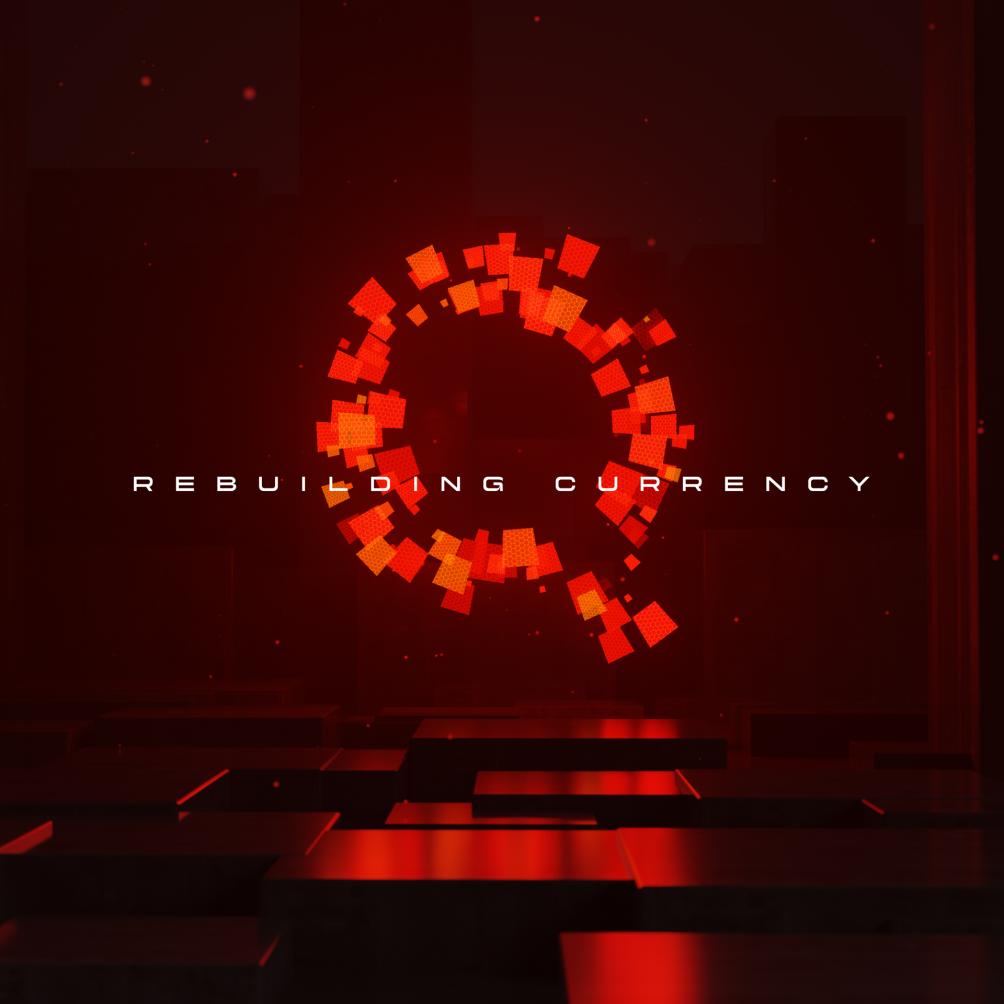
Welcome to the twenty-eighth edition of “This Week in Quai,” an initiative by the development company of Quai Network, Dominant Strategies. This Week in Quai offers weekly updates to the Quai Community by aggregating popular Quai quotes and social posts from the past week and offering a schedule for upcoming events.
Want to get “This Week in Quai” delivered straight to your inbox? Sign up for the Quai Newsletter by Dominant Strategies.
What is Quai?
Quai Network is a pre-launch cryptocurrency. Quai is the first blockchain protocol that is simultaneously decentralized, censorship resistant, and infinitely scalable. Quai, in contrast to traditional cryptocurrencies, functions as a network of many interoperable blockchains braided together. Due to a breakthrough discovery that occurred during research on Proof-of-Work, Quai Network utilizes a new consensus mechanism, Proof-of-Entropy-Minima (PoEM), which eliminates all consensus-based forks, and enables all Quai nodes to remain in “perpetual consensus.”
Quote of the Week
“The Tuesday and Thursday Office Hours are getting an upgrade — each Office Hour will now be joined by a member of the core development team. This will allow for more direct communication between the Quai community and the development team, while still retaining the casual nature of the calls. Be sure to swing by Thursday’s Office Hours with your technical questions!”
- Dominant Strategies team member Max, via an announcement in the Quai Discord
In this quote, Max shares that the semiweekly Office Hours hosted in the Quai Discord will now each be joined by a member of the Dominant Strategies core development team. The goal of the Office Hours calls has always been to provide a casual environment for community members to raise concerns, issues they’ve been facing, and offer feedback – now, with core developers actively participating in these conversations, we expect to see even more transparency between the Dominant Strategies devs and the Quai community.
Community criticism and feedback are critical to the development process of Quai Network. We hope you’ll try joining a call to share your thoughts and questions!
Technical Term of the Week
Mined Transactions – A proposed method of ordering transactions in Quai Network that would require nodes to order transactions by work performed when building a block, instead of allowing for arbitrary ordering, which ends up being fee-based.
Mined transactions are a concept new to Quai Network, that is currently being explored as an option to eliminate MEV (miner extractable value). Mined transactions would require blocks being built to order transactions by the work they performed, or the block will be considered invalid. Transactions with lots of work put into them would be ordered earlier in the block, and transactions with little to no work done would be ordered later in the block. This would have two major ramifications:
- High-value transactions could eliminate the chance of being frontrun/sandwiched by performing a certain amount of work on the transaction.
- Work performed on transactions contributes to the heaviest chain
These factors can provide major benefits to a new Layer-1 like Quai Network. Dr. K, the CTO of Dominant Strategies, will be going in-depth on mined transactions in the upcoming Quai University call on Wednesday. If you’re interested in learning more about mined transactions, be sure to set your reminder here.
Top Posts of the Week
- A brand-new Iron Age Developer Bounty Program has been released:
- The Iron Age Testnet has reached 400,000 blocks in each Zone chain:
- Applications for Wave 1 of the Quai Genesis program are closed, with reviews pending:
- A new University Call has been scheduled with Dr. K:
Upcoming Events
Smart Contracts & Wallet: Office Hours w/ Judi & Jonathan: December 5th, 2023 @ 10am CST – Join Dominant Strategies team members Justin and Jonathan for a casual discussion on smart contracts and wallets on Quai Network.
Quai University: Mined Transactions: December 6th, 2023 @ 11am CST – Join Dominant Strategies CTO Dr. K for a presentation on the concept of mined transactions, and the benefits they could offer to a network like Quai.
Mining: Office Hours w/ Max & Hussam: December 7th, 2023 @ 9am CST – Join Dominant Strategies team members Max and Hussam for a casual discussion/AMA on mining in the Iron Age Testnet!
